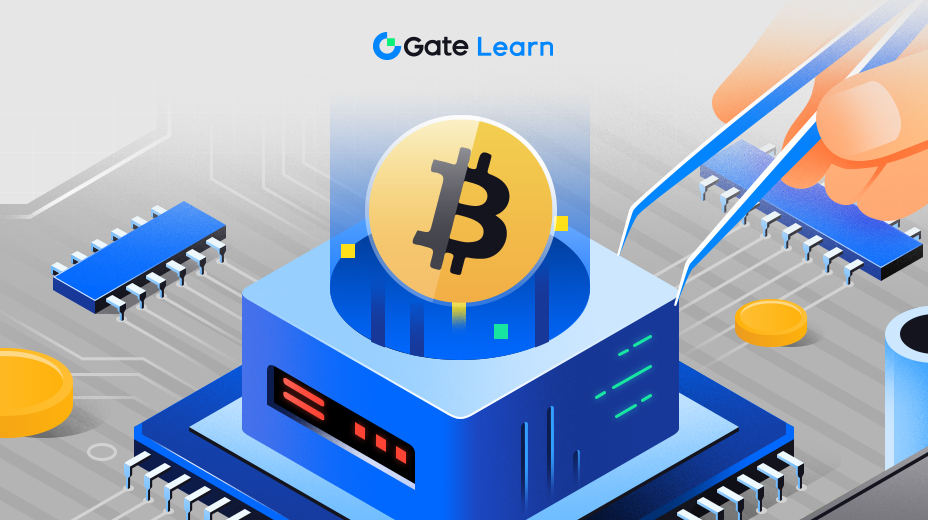Заключительные соображения
Завершая курс, этот модуль позволит заглянуть в будущий ландшафт децентрализованной идентификации. Мы обсудим огромное количество возможностей, ожидающих профессионалов в этой области, и подчеркнем важность постоянного обучения.
Будущий ландшафт децентрализованной идентификации
Будущий ландшафт децентрализованной идентификации является одновременно многообещающим и сложным. Переход от централизованных к децентрализованным системам - это не просто технологический переход, а смена парадигмы. Она обещает мир, в котором люди будут обладать полным суверенитетом над своей цифровой идентичностью, обеспечивая конфиденциальность, безопасность и контроль.
На горизонте маячит интеграция искусственного интеллекта и машинного обучения с децентрализованными системами идентификации. Эти технологии обеспечат более интеллектуальное управление идентификацией, предиктивную аналитику и улучшенный пользовательский опыт. Например, искусственный интеллект может помочь в автоматизации проверки личности или обнаружении потенциальных угроз безопасности в режиме реального времени.
Блокчейн, основа децентрализованной идентификации, будет продолжать развиваться. Мы можем ожидать появления более масштабируемых, эффективных и экологичных блокчейн-решений, гарантирующих, что децентрализованные системы идентификации смогут справиться с растущим числом пользователей и транзакций. По мере появления множества децентрализованных систем идентификации, обеспечение их бесперебойной связи и взаимодействия будет иметь решающее значение. Стандартизированные протоколы и структуры будут играть в этом ключевую роль.
Нормативные акты, регулирующие конфиденциальность, такие как GDPR в Европе или CCPA в Калифорнии, будут влиять на разработку и внедрение децентрализованных систем идентификации. Обеспечение соответствия требованиям при сохранении принципов децентрализации будет сложной задачей.
С развитием Интернета вещей (IoT) децентрализованная идентификация будет распространяться на устройства. От "умных" домов до подключенных автомобилей, устройства будут иметь свои собственные децентрализованные идентификаторы, обеспечивая безопасное и бесшовное взаимодействие между устройствами.
Возможности для профессионалов в данной области
Бурно развивающаяся область децентрализованной идентификации предлагает массу возможностей для профессионалов. По мере того, как организации и правительства во всем мире признают потенциал децентрализованной идентификации, спрос на экспертов в этой области резко возрастает.
Разработчики и кодеры найдут для себя широкие возможности. Построение децентрализованных систем идентификации, создание удобных для пользователя кошельков или интеграция существующих систем с блокчейн-платформами станут областями повышенного внимания. Для специалистов по кибербезопасности эта область предлагает как вызовы, так и вознаграждения. Обеспечение безопасности децентрализованных систем идентификации, проведение регулярных аудитов и опережение потенциальных угроз будут иметь решающее значение.
Политики и юристы будут играть ключевую роль. Навигация по сложной сети нормативных актов, обеспечение соответствия и формирование будущих законов о конфиденциальности будут теми областями, где потребуется их опыт. На преподавателей и тренеров ляжет ответственность за демистификацию децентрализованной идентификации. Проведение семинаров, создание образовательного контента или консультирование организаций по вопросам передового опыта - вот возможные направления.
Исследования и разработки будут постоянно развивающейся областью. Изучение новых технологий, повышение масштабируемости или обеспечение более экологичных блокчейн-решений станут областями инноваций. Предприниматели и стартапы найдут для себя благодатную почву. Будь то создание новых децентрализованных платформ идентификации, предложение консалтинговых услуг или создание инструментов для улучшения пользовательского опыта - возможности для предпринимательской деятельности огромны.
Для профессионалов в таких отраслях, как финансы, здравоохранение или образование, понимание децентрализованной идентификации будет крайне важным. По мере того, как эти отрасли будут интегрировать функции децентрализованной идентификации, профессионалы, способные преодолеть разрыв между своей областью и децентрализованной идентификацией, будут иметь неоценимое значение.
Основные моменты
- Будущий ландшафт: Децентрализованная идентификация имеет все шансы на значительный рост: интеграция искусственного интеллекта, развивающиеся блокчейн-решения и фокус на совместимости определяют ее будущее.
- Влияние регулирующих органов: Соответствие нормам конфиденциальности, таким как GDPR и CCPA, будет играть решающую роль в развитии и принятии децентрализованных систем идентификации.
- Интеграция IoT: С развитием Интернета вещей децентрализованная идентификация будет распространяться на устройства, обеспечивая безопасное взаимодействие.
- Профессиональные возможности: Эта область предлагает широкие возможности для разработчиков, специалистов по кибербезопасности, политиков, преподавателей и предпринимателей, при этом растет спрос на специалистов в области децентрализованной идентификации.
- R&D Потенциал: Непрерывные исследования и разработки в таких областях, как масштабируемость, новые технологии и экологически чистые решения, будут стимулировать инновации.





